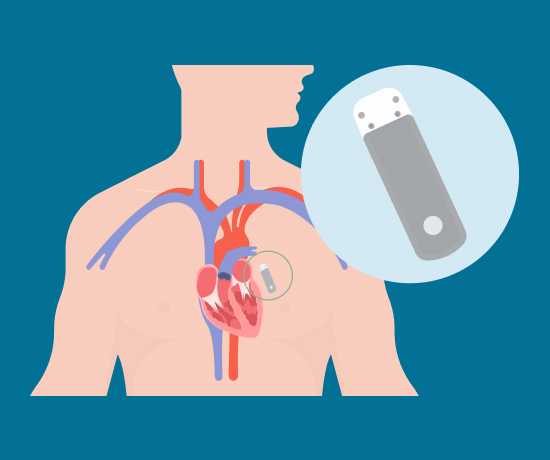Implantable Loop Recorders, or ILRs, are small, slim gadgets, hidden under your skin, keeping tabs on your heart. If you feel faint or your heart skips a beat, it's on the case. These odd moments might not happen often, but when they do, they're a real worry. These gadgets track every beat of your heart. If you love staying active, this device could be key to your health.
Implantable loop recorder placements in Chennai are gaining traction because they can help solve your heart ailments with this device.
Technology has made ILRs better over time. They're now tinier, kinder to the wearer, and smarter at spotting tricky heart issues. In short, these gadgets are pushing the boundaries of how we watch over our hearts.
The Technological Advancements of Implantable Loop Recorders
ILRs have come a long way since the '90s. They used to be large in size, but now they're tiny. These changes mean they're less in the way and easier to live with. The currently available injectable models make the process less painful. This step forward is a win for comfort and quick healing.
Implantable Loop Recorder Placement and Removal
Thinking about getting an ILR? It's key to know how they put it in and take it out. Here's the rundown:
Your doctor gives you anaesthesia and makes an incision to tuck the device in. The procedure fast, and you're out the same day. You might feel sore after, but your doctor will tell you how to handle it. Removing the ILR is just like putting it in. When the battery needs replacement, it can be removed effortlessly and replaced with a new one.
How Implantable Loop Recorders Monitor Heart Rhythms
ILRs are like secret agents for your heart. They're always on the lookout for odd beats. And they're smart. They know when to start recording or wait for your cue. The data they gather is gold for your health team. You can send it from a home device or at the clinic. It's easy and painless. This remote check-up is a big deal. It means your heart's watched over, even from afar.
They're also great for spotting silent heart flutters that could cause a stroke. With ILRs, your health team can make smart calls on your care, maybe even stopping big problems before they start.
Risks and Management of Implantable Loop Recorder Procedures
If you have an ILR, you should keep the site clean and watch for signs of trouble like redness. If it hurts or looks wrong, tell your health team. They're there to help. Once you're used to the ILR, life goes on. You can do your usual work; just keep in touch with your doctors and take care as needed.
You can still drive, work out, and do your routine activities. Just be aware of how you feel and use your device if needed. If you travel, take your ILR card to breeze through security. And don't forget your monitor for non-stop heart checks on the go.
Future of Implantable Loop Recorders: Innovations & Impact
The next wave of ILRs is coming, and it's exciting. They're getting even better at spotting heart hiccups. This could mean treatments that fit you perfectly, lowering stroke risks and boosting heart health. The future looks bright for folks who want to stay on top of their game, heart-wise.
ILRs are changing the game in heart health. Do consult your electrophysiologist in Chennai to know if you are an ideal candidate for an ILR. Get the right advice from experienced health professionals.

